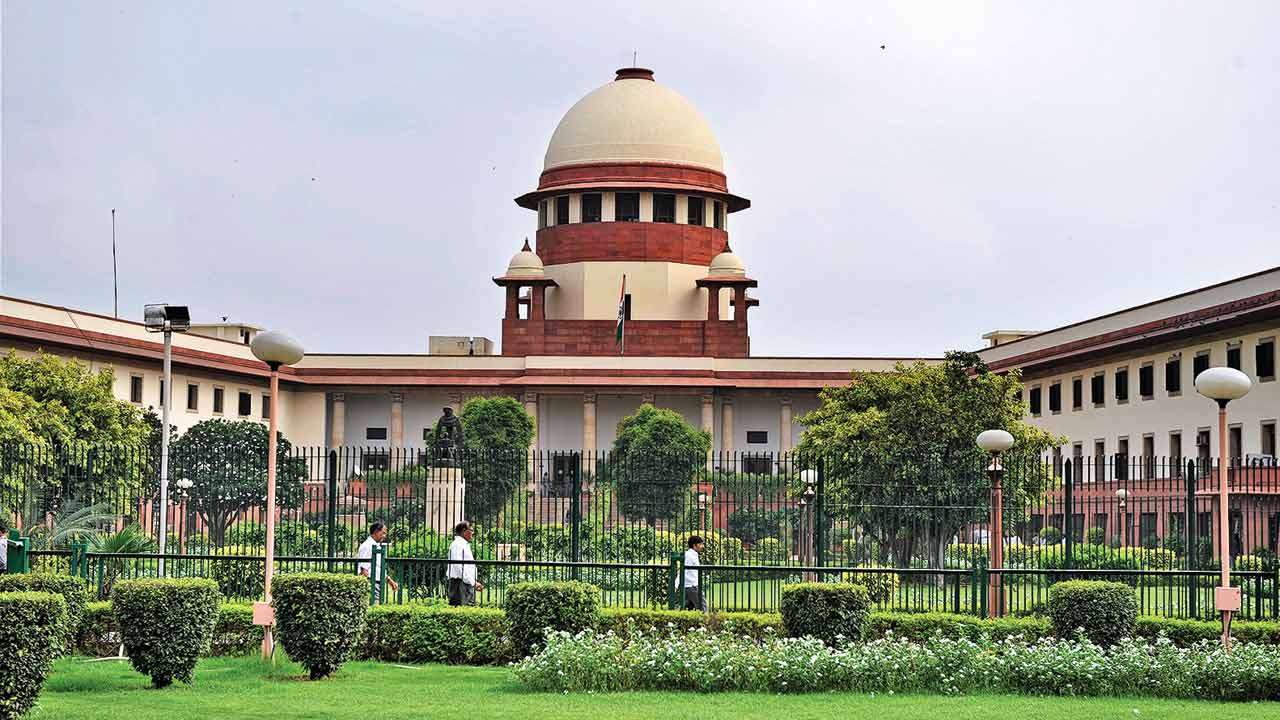The Supreme Court on Monday upheld a 10 per cent reservation for economically weaker sections in education and government jobs, stating that the 103rd amendment by the Modi government does not violate the essence of the Indian Constitution.
A Constitution Bench of the court headed by Chief Justice of India UU Lalit and also comprising of Justices Dinesh Maheshwari, S Ravindra Bhat, Bela M Trivedi and JB Pardiwala held a hearing on a clutch of petitions challenging the Constitutional validity of the amendment for seven days.
While Justices Dinesh Maheshwari, Bela Trivedi and JB Pardiwala ruled in favour of the quota, CJI Lalit and Justice Bhat ruled against it.
In 2019, the parliament passed a proposal to insert clause 6 in Articles 15 and 16 of the Constitution of India to provide reservations in jobs and education.
The amendment enables the government to make special provisions for the progress of any economically weaker section of society. Clause 15(6) says that such reservation can be made in any educational institution, including private ones – whether aided or unaided – except for minority educational institutions.
“EWS reservation does not violate the equality code or violate essential feature of constitution and breach of 50 per cent does not violate basic structure as the ceiling limit is here only for 16(4) and (5),” Justice Dinesh Maheshwari said while reading out the judgement.
“Reservation on an economic basis does not violate the basic structure or Constitution of India,” he added.
In agreement with Justice Maheshwari, Justice Trivedi said the quota is an affirmative action by the parliament. “No violation of Article 14 or basic structure of the Constitution is noted.”
However, Justice Bhat, while dissenting against the three other colleagues, said that allowing a breach of the 50 per cent cap set on reservations can lead to further infractions which can result in compartmentalisation. “Amendment practices constitutionally prohibited discriminations and strikes at the heart of the quality code.”
CJI Lalit also agreed with the view of Justice Bhat, leading to a 3-2 verdict.

